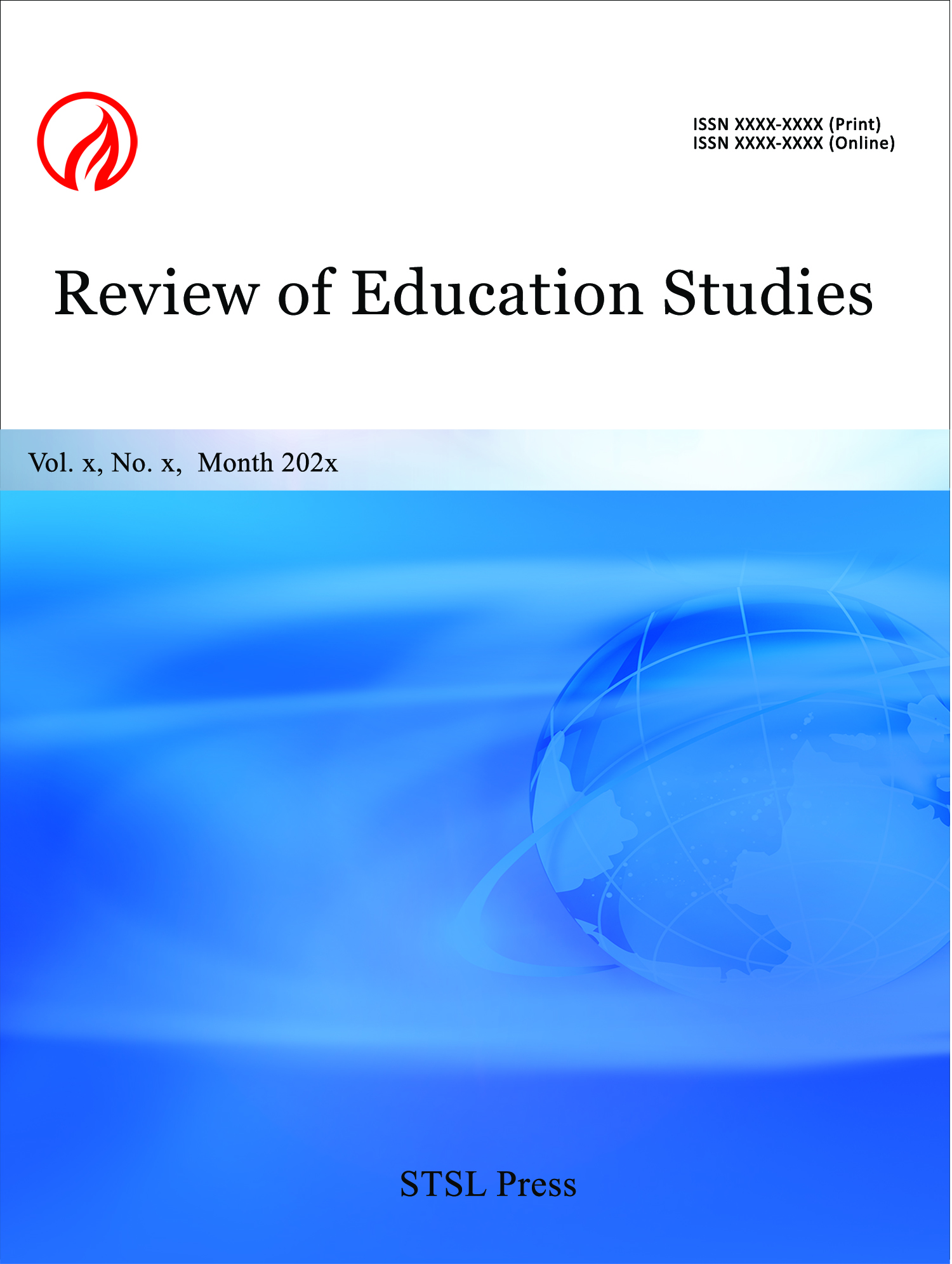Findings of Letter/Sound Knowledge in Children with Mild, Moderate and Severe Dyslexia: A Case for Structured Literacy Intervention
Carianne Bernadowski, PHD
Ashley E. Messner, MED
Abstract
Dyslexia is a prevalent language-based reading disorder that is often undiagnosed and untreated in children and adults, and current literature in the Science of Reading (SoR) argues that explicit, systematic, structured, multi-sensory instruction has the potential to help students with dyslexia learn to better map letter-sound correspondences. This mapping of letters and their corresponding sounds lays the foundation in phonological awareness needed for reading proficiency. In this study, a quasi-experimental single group pre-post interventional design was utilized with a small sample of students (n=24), which examined pre-intervention and post-intervention letter-sound knowledge of school-age children. Students were enrolled in a university reading clinic specializing in reading differences. Results indicated that after 25 hours of one-on-one structured literacy instruction, those children diagnosed with mild, moderate and severe dyslexia made statistically significant improvements in their letter-sound knowledge. Moreover, the severity of dyslexia did not appear to meaningfully impact the readers’ abilities to make adequate progress. These findings strongly support the implementation of evidence-based literacy instruction that incorporates systematic, explicit and multi-sensory phonics interventions one-on-one and may have implications for whole class instruction and small group intervention.
Paper:
pdf
DOI:
https://doi.org/10.71002/res.v4n4p1
 This work is licensed under a
Creative Commons Attribution 4.0 License.
This work is licensed under a
Creative Commons Attribution 4.0 License.
Contact us
- Jennifer Smith
- res@stslpress.org
